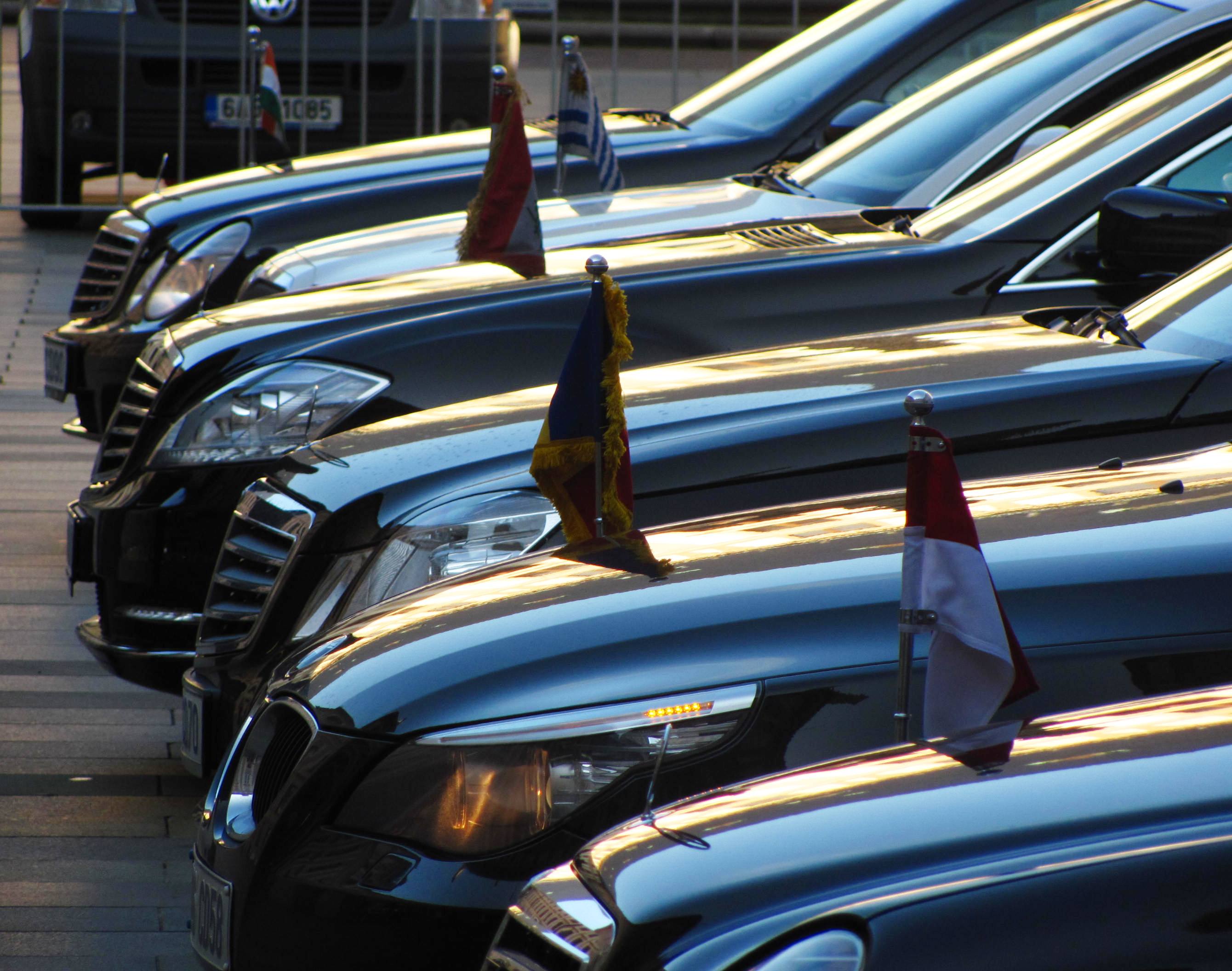The disproportionate police repression of Catalonia's independence referendum on 1st October “is a gift to the independence movement”, because it allows the idea of independence to start gaining ground over the default preference - support for the international status quo, which prioritises the principle of national territorial integrity, maintaining existing borders and not intervening in the internal affairs of other countries.
National territorial integrity is the most important principle in international relations and, for movements like that for Catalan independence, represents a difficult obstacle to surmount because the international consensus understands that it makes no sense to secede from a democracy, which, in principle, offers sufficient instruments to improve the position of a minority without the need for it to break away.
The error of repression
However, if a democratic state violently cracks down on voters belonging to a minority, or systematically fails to comply with agreements made with that minority for the maintenance of the territorial integrity principle, it can invoke the other main principle applicable, that of self-determination — consecrated in the first chapter of the United Nations Charter — and the right to decent representation in the government of the country. This “excessive defence” of territorial integrity can lead the major powers (UN, EU, other countries) to defend self-determination for the minority.
This reasoning is what secessionists usually invoke to argue that there is a just cause for their separation, due to state violence against a national minority which denies them suitable representation, or due to the state's systematic noncompliance with agreements it has reached with that minority.
This is the thesis which R. Joseph Huddleston, philosopher, political scientist and PhD scholar in international relations at the University of South California (USC), sets out in the magazine Foreign Affairs, influential publication on international relations, and required reading in numerous embassies and diplomatic spheres.
Catalan legitimacy
In "Spain's Flawed Response to the Catalonian Referendum", Huddleston explains that "Madrid’s reaction... has loaned more legitimacy to formerly dismissed Catalan claims than any social media campaign or referendum result could have. It has also managed to get the world to watch something it was paying little attention to."
The North American expert is not, however, one of those who advocate haste. “It is still almost certain that no state will recognize an independent Catalonia right now.” But research shows that that there “many other ways third parties can support separatist movements— introducing resolutions in the UN or the EU, proposing sanctions, funding their militaries, suspending diplomatic contact, or, conversely, establishing new diplomatic contact in breakaway regions.”
These actions usually occur during outbreaks of violence, and in this situation “suppression of democracy is a particularly egregious offence”, he adds.
Unilateral recognition
Such “lesser acts” of recognition or support "contribute to the legitimacy of these movements and help develop the movements’ administrative and military capacity”, which favours the recognition of their candidature for statehood to the point where, as in the Kurdish case, “their referendum manages to tempt one or two states to consider unilateral recognition for the first time”.
Huddleston thinks that if Spain continues overreacting, “other countries will start expressing concern for the situation in Catalonia, and officials in some (especially former colonies) will start discussing Catalan claims”. Possibly, he suggests, they could even "bring votes before international bodies such as the UN or EU”.
If the violence continues, “Catalans may organize to establish diplomatic ties with other countries, and those governments might be open to it for the first time. It is a slow, deliberate process to sever one territory from another”, he explains, and it can become stuck before international sovereignty is acquired. “However, violence and suppression of self-expression are some of the most useful catalysts for moving that process along.”
Recommendations to Spain
Huddleston has some recommendations for the Spanish government, if it wants to re-establish control over the territory and affirm its legitimacy in Catalonia. “A good-faith effort to move toward a federalist system in Spain may be one way to take off the pressure; reversing the incendiary 2010 court decision to strip the region of certain autonomous powers—over language, the judicial system, and other rights of self-rule—may be another.”
"Madrid", he concludes, “should certainly not suspend Catalan autonomy unless it wants to see a continued confrontation that will only be characterized as a return to Spain’s dictatorial past.” The Spanish state needs to take carefully considered measures to demonstrate that the Catalans are respected by the government as Spaniards, and that their interests are well received in Madrid. Otherwise, Catalans may soon be much more successful when they reach out to increasingly sympathetic countries for support.”

